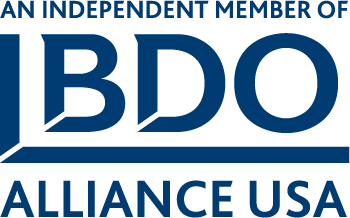Be tax ready: Review
pandemic-related changes
Last year’s sweeping set of tax changes not only affected individuals and their
families but may also affect the tax return they’re filing this year. A new IRS
Fact Sheet explains what taxpayers need to know to file a
complete and accurate tax return. The IRS recognizes that filing this year may
be challenging for some taxpayers and it’s important to understand how to claim
credits and deductions, get a refund timely and meet all tax responsibilities.
Recovery Rebate Credit helps
people still eligible for Economic Impact Payments
For those who may be eligible for stimulus payments, they should carefully
review the guidelines for the Recovery Rebate Credit. Most people received
Economic Impact Payments automatically, and anyone who received the maximum
amount does not need to include any information about their payments when they
file. However, those who didn’t receive a payment or only received a partial
payment may be eligible to claim the Recovery Rebate Credit when they file their 2020 tax
return. Tax preparation software, including IRS Free File, will help taxpayers
figure the amount.
Remember to factor in
retirement plan distributions
Some taxpayers found it necessary to take coronavirus-related early
distributions from 401(k) plans and traditional IRAs in 2020. Under the CARES
Act, those distributions – up to $100,000 – are not subject to the 10%
additional tax that otherwise generally applies to distributions made before an
individual reaches age 59 ½. In addition, a coronavirus-related distribution can be included in income
in equal installments over a three-year period, and an individual has three
years to repay a coronavirus-related distribution to a plan or IRA and undo the
tax consequences of the distribution.
Taxpayers should also remember that they can make contributions to traditional IRAs until April 15, 2021, and still deduct that amount on their 2020 tax return, if eligible.
New for 2020:
non-itemizers can deduct $300 for charitable cash contributions
Previously, charitable contributions could only be deducted if taxpayers
itemized their deductions.
However, with the CARES act, taxpayers who don’t itemize deductions may take a charitable deduction of up to $300 for cash contributions
made in 2020 to qualifying organizations. For the purposes of this deduction,
qualifying organizations are those that are religious, charitable, educational,
scientific or literary in purpose.
Please contact the Crosslin tax team to start the process for your 2020 tax filing. We are ready to help!







